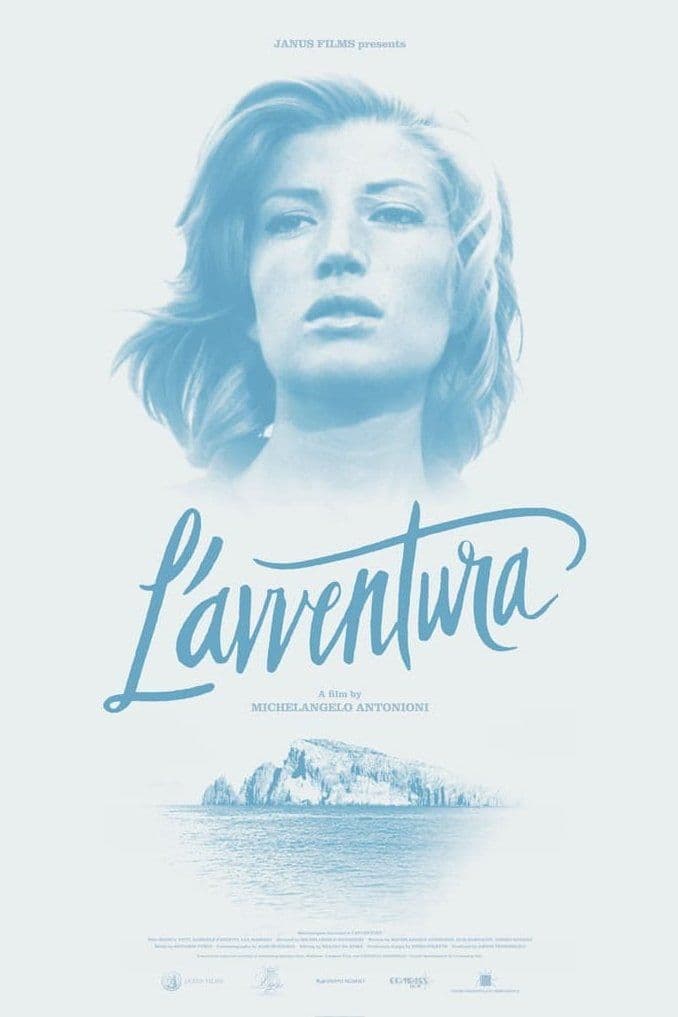
L'Avventura
1960
Rate this movie
Average: 0.00 / 5
(0 votes)
Director
Three characters form the vertices of a triangle that Antonioni deploys in this story, written in collaboration with Tonino Guerra and Elio Bartolini. A narrative architecture that, from the very first shots, suggests not so much a geometric stability as rather the fragility of bonds, the precariousness of an affluent bourgeois existence, yet permeated by an endemic disquiet.
Sandro, a talentless architect; Anna, his wealthy and spoiled fiancée; and Claudia, Anna's sweet and submissive friend, who is in love with life. This trio is merely the starting point for an existential vertigo that Antonioni, with his unmistakable analytical lens, sets out to explore. During a cruise to the Aeolian Islands, Anna disappears without a trace. But this disappearance is not the crux of a Hitchcockian enigma, nor the catalyst for a police investigation. On the contrary, it becomes the axis around which revolve the emotional fragmentation and progressive alienation of the remaining characters, immersed in a landscape of silences and missed revelations. The search for the woman by Sandro and Claudia, who traverse the Sicilian coast, from town to town, without managing to find any news of her, is more an interior journey, a pilgrimage through the ruins of feeling and communication. The desolate coasts, the lava rocks, the narrow alleyways and sun-drenched squares of Sicily are not mere backdrop, but merge with the protagonists' states of mind, taking on the role of true "landscapes of the soul," mirroring their growing inner desolation.
Meanwhile, something develops between the two, a feeling that Sandro declares to Claudia, who reciprocates Sandro's love. A subtle psychological game underlies this film, entirely centered on the emotional tension that overwhelms Claudia, torn between her attraction to Sandro on the one hand and remorse for having betrayed her friend on the other. Hers is a parable of unveiling and fall, a journey from innocence to compromise, which Monica Vitti, Antonioni's muse par excellence, interprets with palpable sensitivity, translating every hesitation, every lost gaze into the void, into an unforgettable portrait of human fragility. Sandro's character is disarming: inept, feckless, completely at the mercy of events, devoid of any authority. He is the emblem of a masculinity in crisis, stripped of purpose and initiative, an archetype of the modern man disoriented by the ephemeral opulence of the Italian "economic boom," incapable of building not only solid works (as an architect should) but also meaningful relationships. His profession, architecture, here becomes a metaphor for his inability to give form and substance to his own life, in the face of the disintegration of self and emotional bonds.
Antonioni is still interested, after Il Grido, in probing the subtle interplay of emotions in relation to the intimate and secret stream of consciousness that the director meticulously brings to light with lucid voyeurism. His camera is an relentless eye, capable of lingering on prolonged silences, on incomplete gestures, on gazes lost in the void, constructing an aesthetic of suspension and anticipation. Aldo Scavarda's cinematography, with its wide compositions and natural light, contributes to creating an atmosphere of estrangement, where characters often appear small and isolated within vast shots, suggesting their irrelevance in the face of the immensity of existence and the inescapability of solitude.
Another fundamental theme in this work: absence. Anna disappears almost immediately, but her presence, in absence, looms over the two lovers. Her physical disintegration corresponds to her tangible presence in the minds and destinies of those who seek her and do not know, or perhaps do not want, to find her. This "present absence" is the pulsing heart of the film, a metaphor for the "illness of feelings" that Antonioni would continue to explore in his so-called "trilogy of incommunicability," further continued with La Notte and L'Eclisse. It is not merely the absence of an individual, but the absence of meaning, of authenticity, of a moral center in a society that, though materially prosperous, proves emotionally barren. L'Avventura was a film that deeply divided critics and audience at the 1960 Cannes Film Festival, being initially booed but later awarded the Special Jury Prize, thanks also to the strenuous defense by directors like Roberto Rossellini. Its formal audacity, its deliberate break with narrative conventions, and its relentless investigation into human alienation consecrated it as a watershed work, a masterpiece that marked the beginning of a new era for modern cinema, influencing generations of filmmakers in their exploration of existential unease and the crisis of bourgeois values. It is a film that offers no answers but poses questions, leaving the viewer to confront the void, the uncertainty, and the vertigo of the contemporary soul.
Main Actors
Genres
Gallery
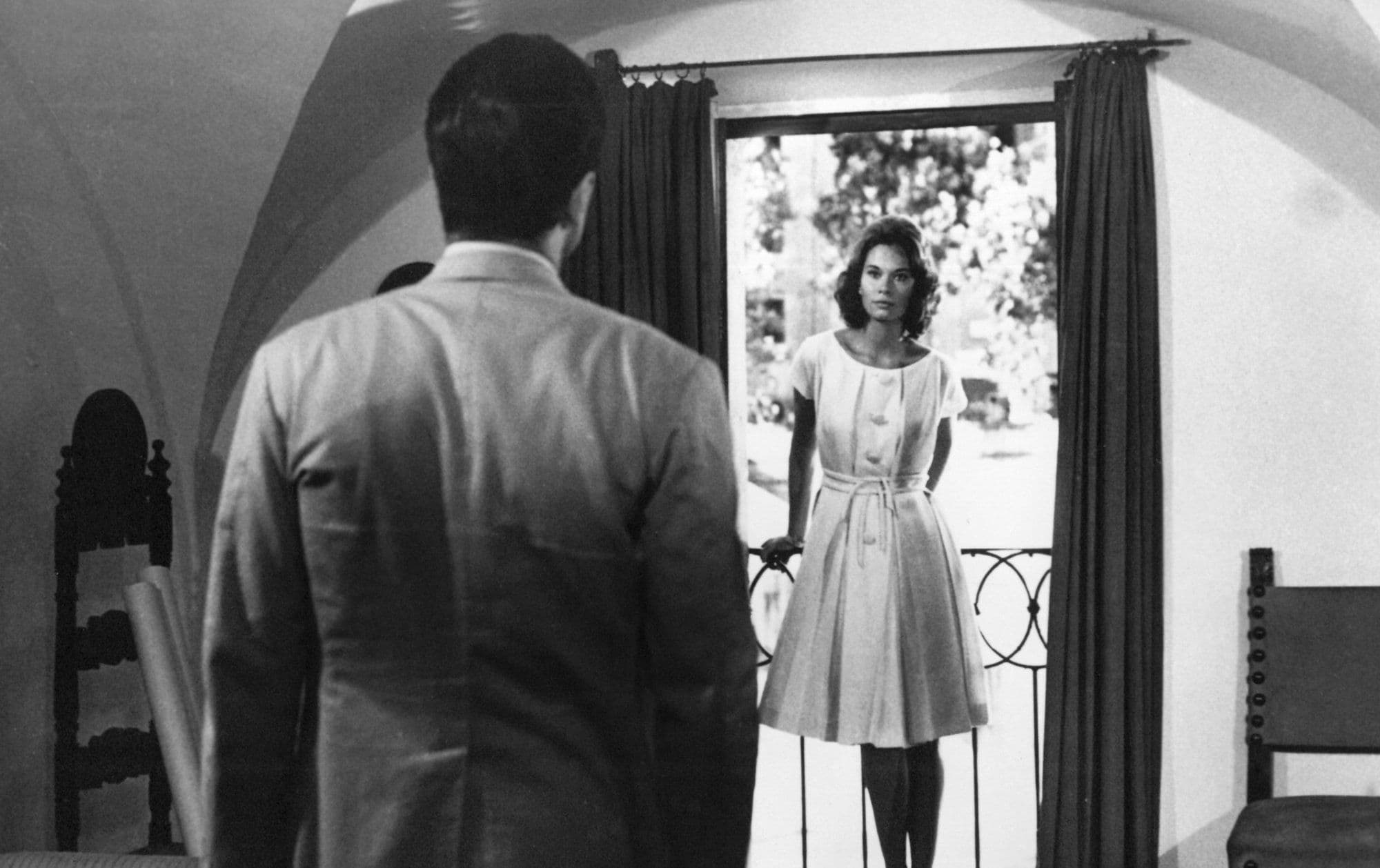

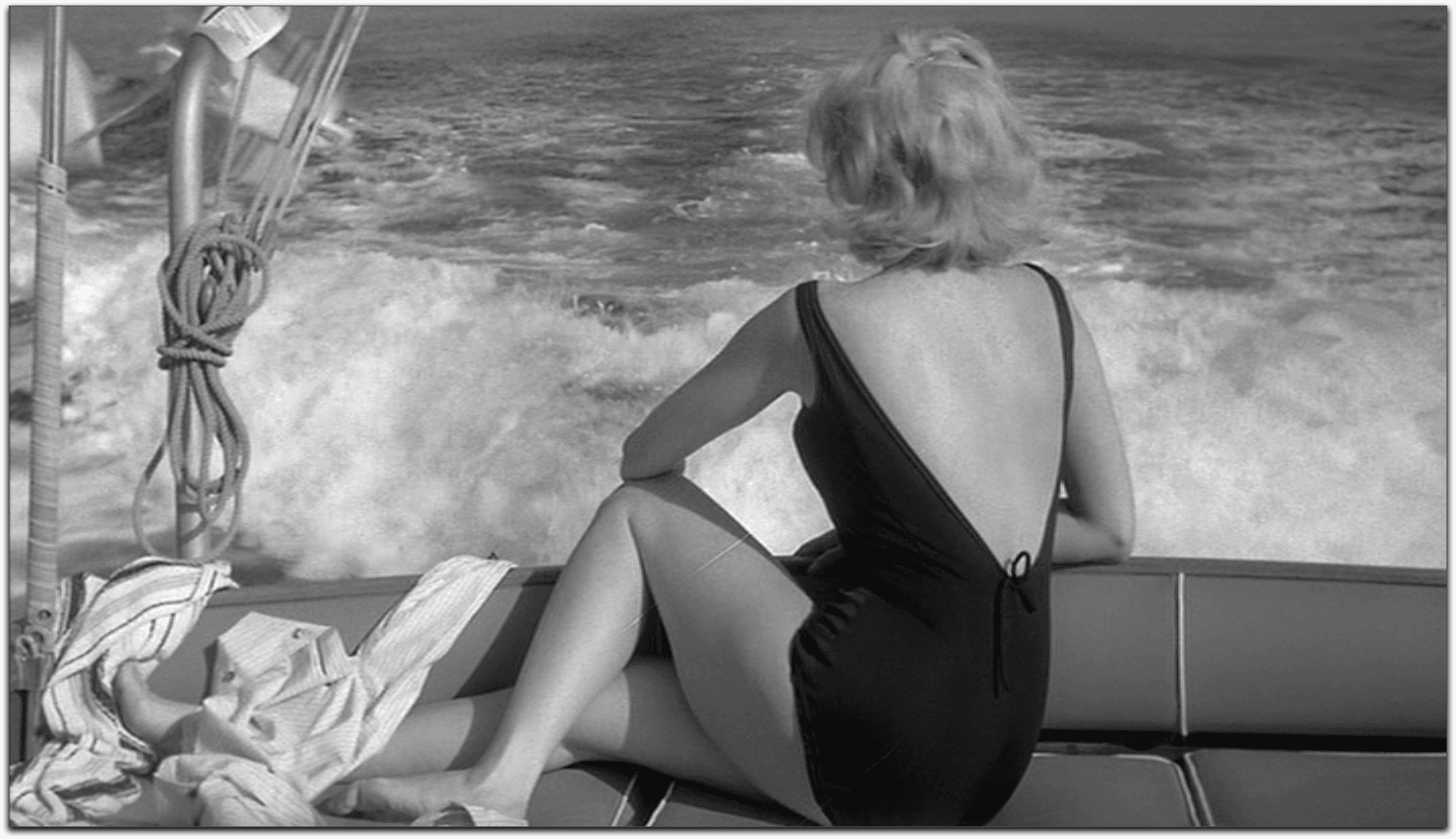
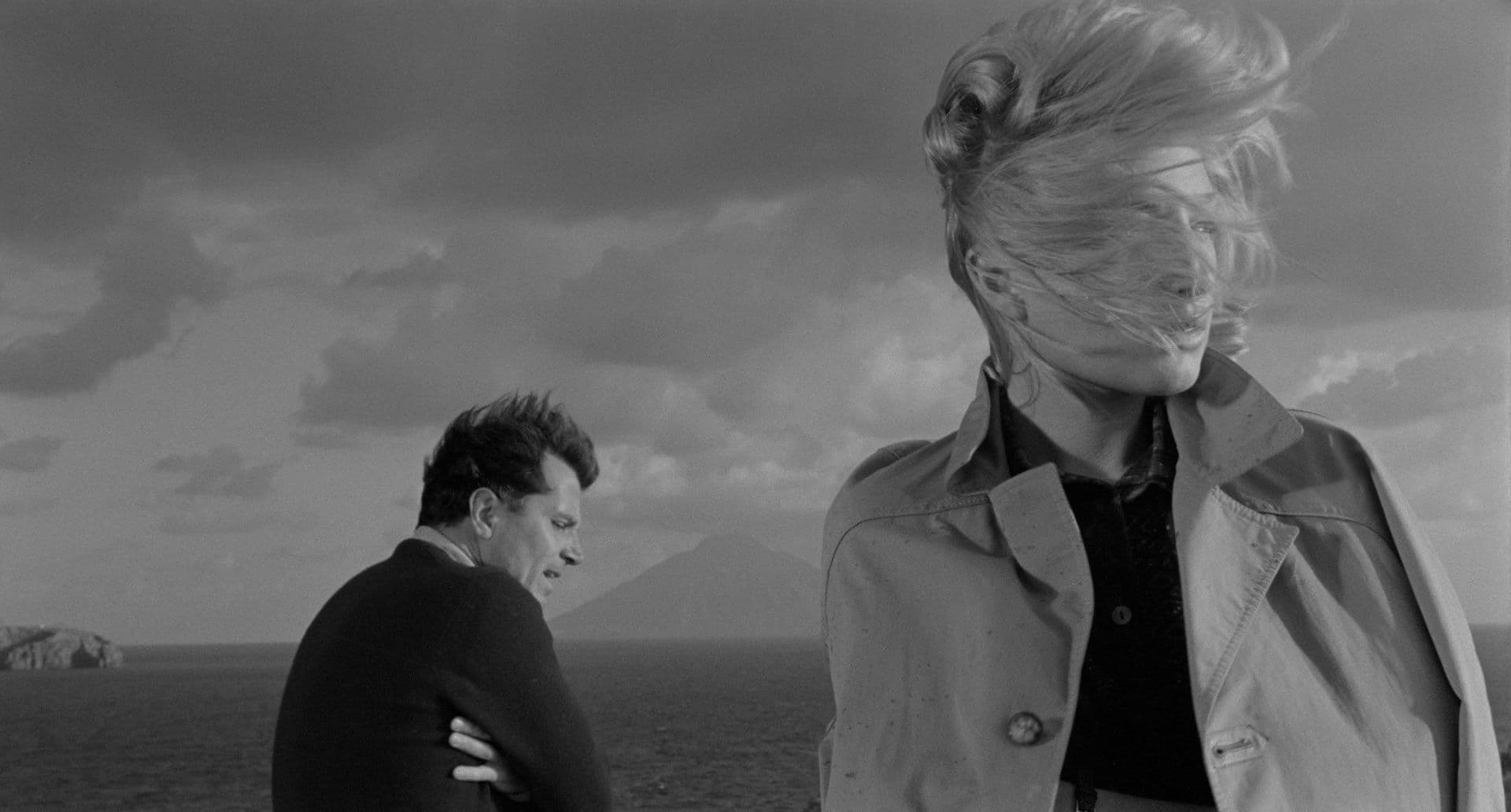
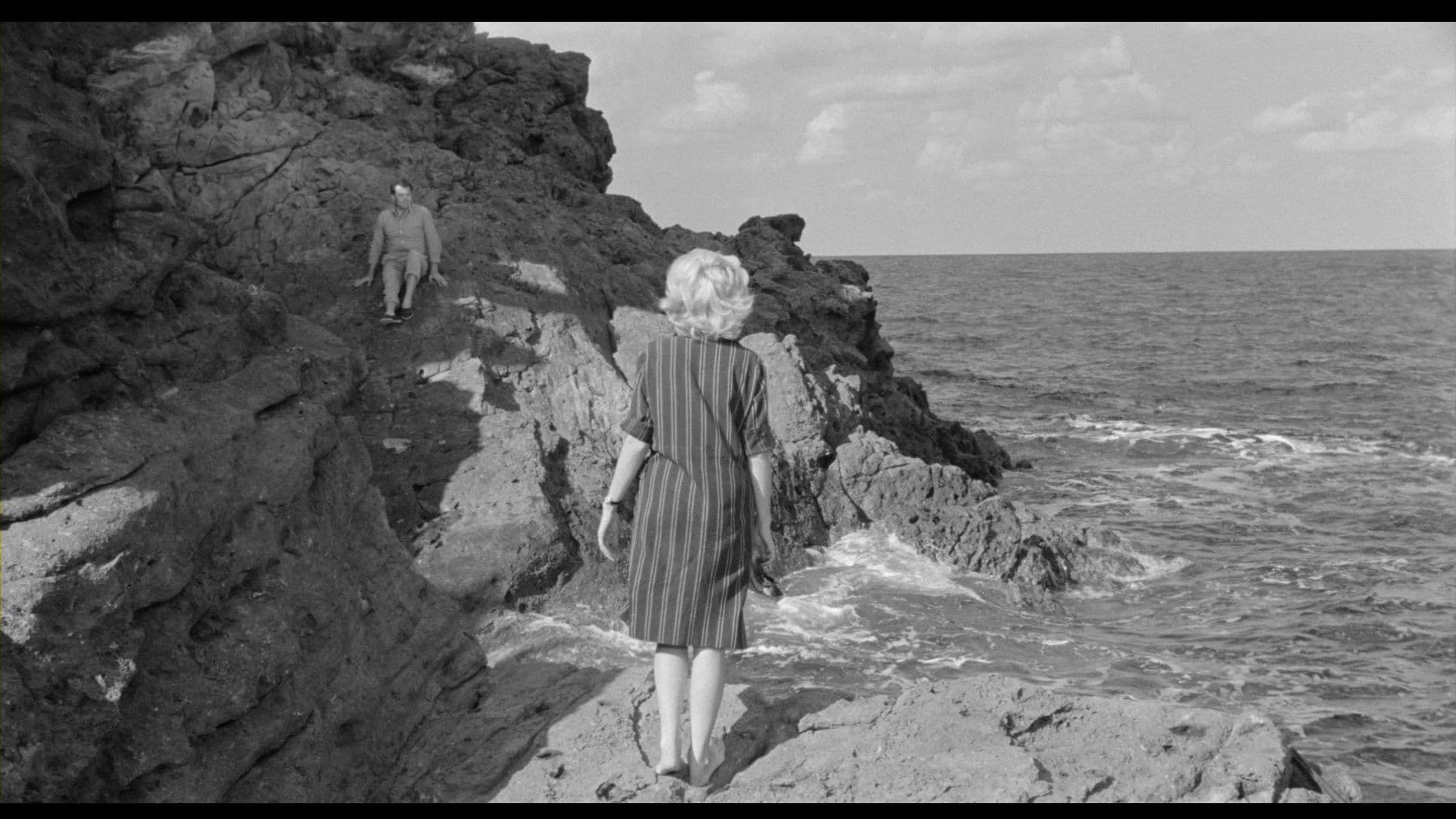
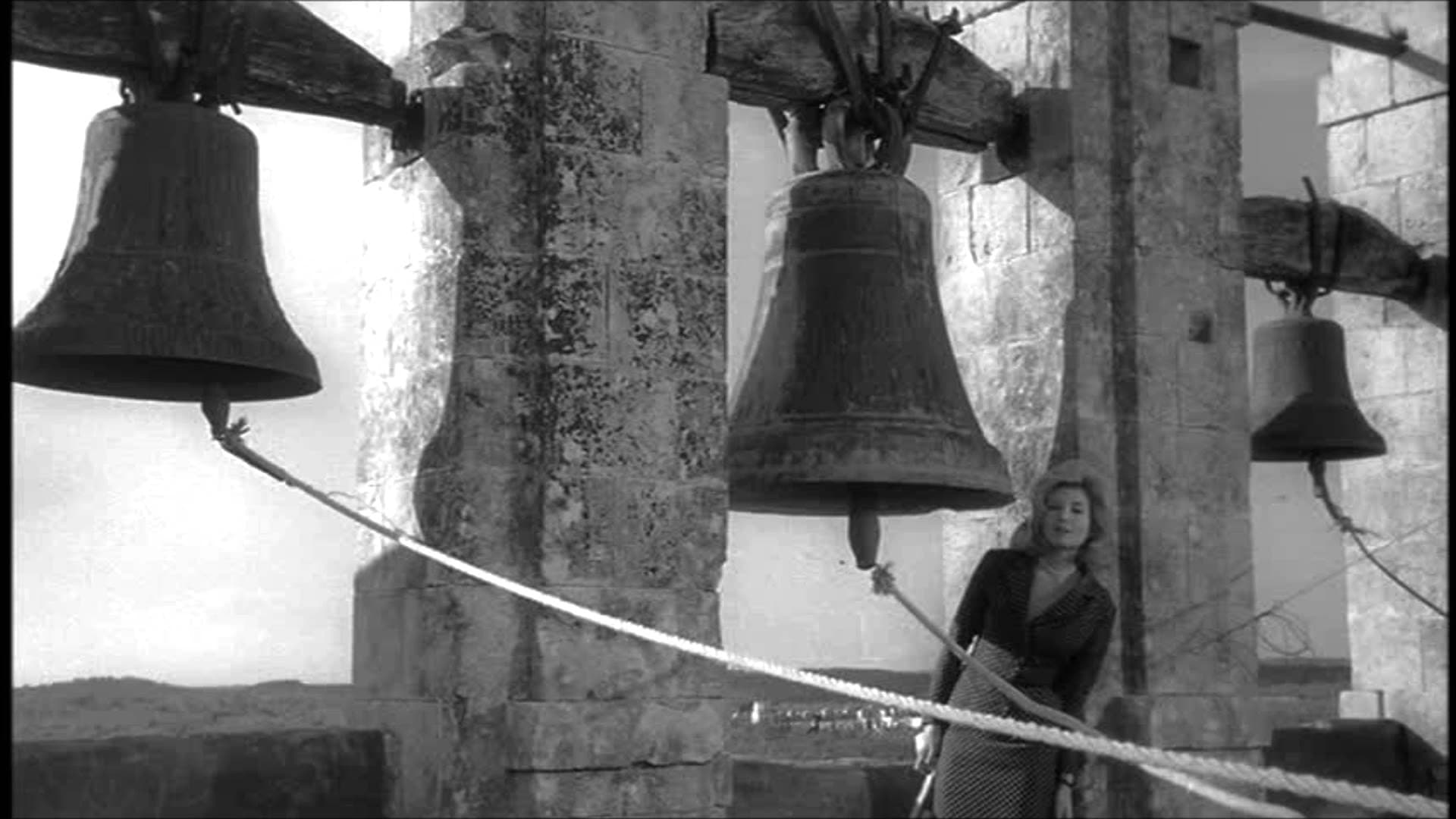
Comments
Loading comments...